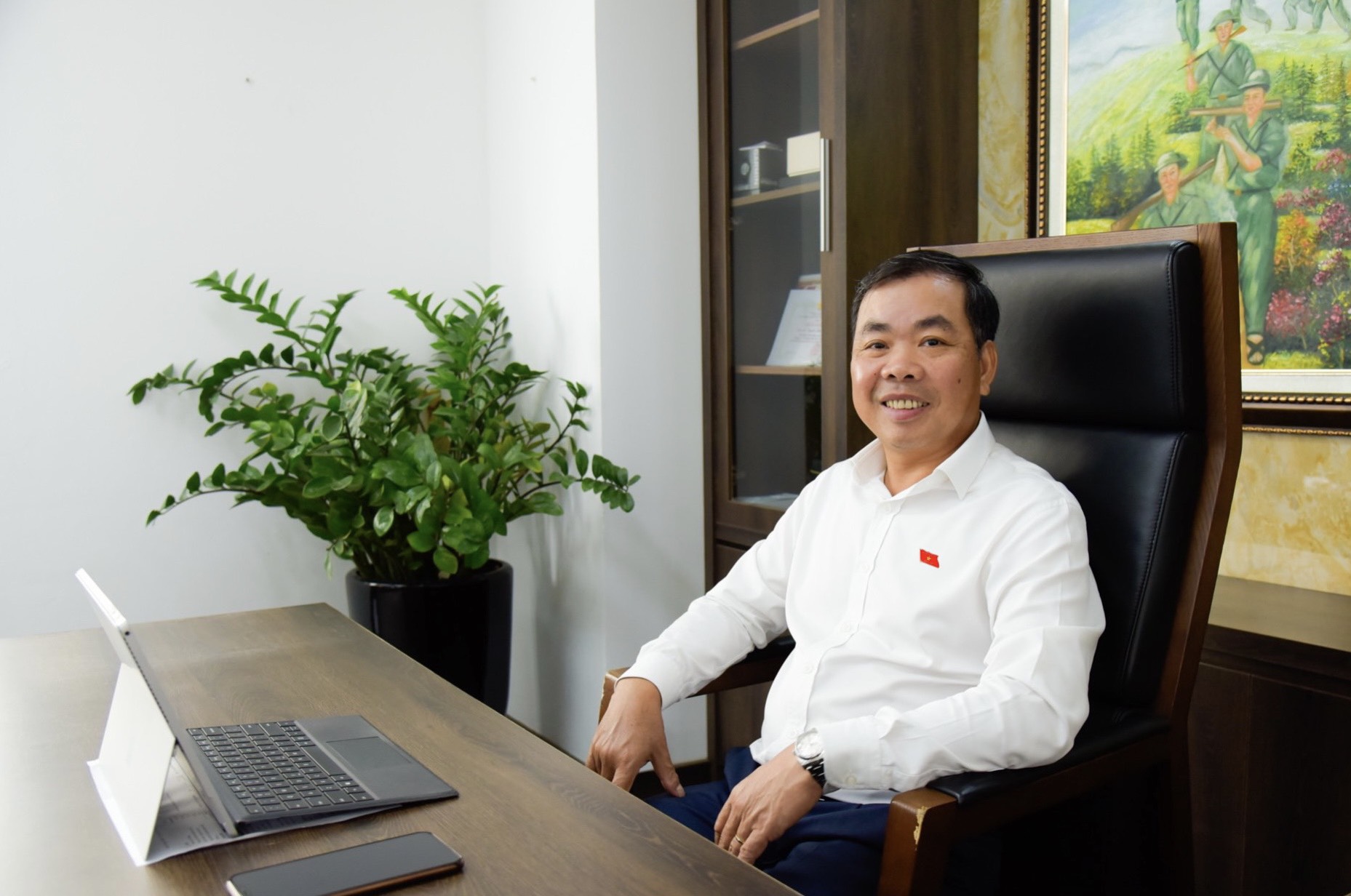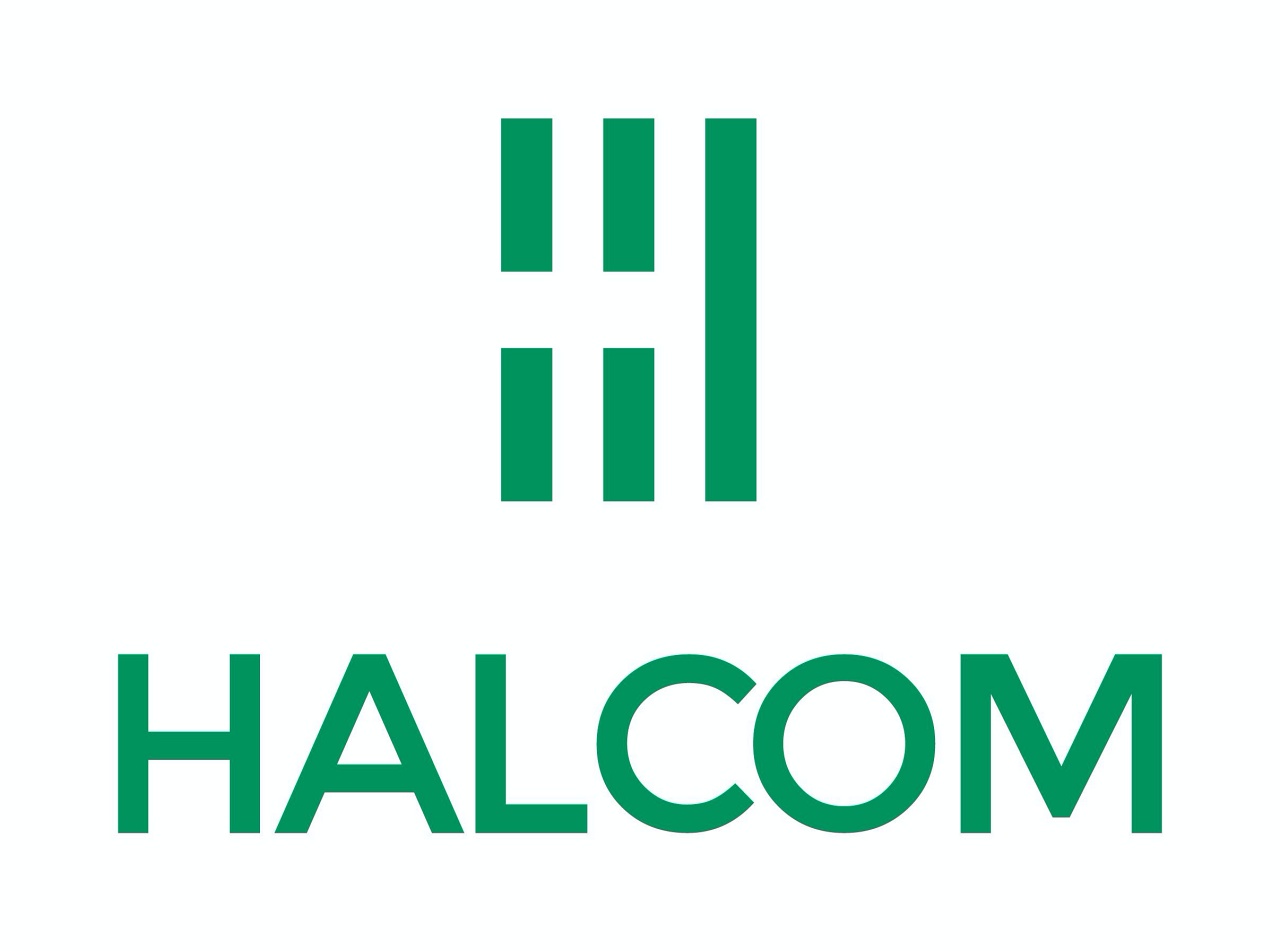As a policy maker, Mr. Nguyen Quang Huan, member of the Committee on Science, Technology and Environment, said that Vietnam can consider nuclear power development in the long term because of its stability and zero CO2 emissions, but at the same time, should not regard nuclear power as the relief for the “net zero” commitment.
Nuclear power technology has undergone various changes
– Looking back on 5 years implementing the National Assembly’s Resolution 31/2016/QH14 to stop the investment policy of Ninh Thuan nuclear power project (2016 – 2021), what is your opinion about this decision?
– At the end of 2021, National Assembly Chairman Vuong Dinh Hue assigned the Standing Committee of Economic Affairs to chair and closely coordinate with the Standing Committee of Science, Technology and Environment, National Assembly Committees, Ninh Thuan province and other relevant agencies to summarize the preliminary results after 5 years implementing National Assembly Resolution 31/2016/QH14. Last April, the 5-year Monitoring Report Conference on the implementation of Resolution 31/2016/QH14 took place in Ninh Thuan.

So far, we can confirm that the decision to stop investing in Ninh Thuan nuclear power project is completely judicious and reasonable. Nuclear power has many advantages but it requires a high professional level of operation. Meanwhile, our nuclear power development potential was still restricted at a certain level. Moreover, our economic situation at that time was so different compared to when the investment policy was decided. There has been a lot of room to save electricity and especially our potential for renewable (such as wind and solar) energy is very feasible.
After 5 years of stopping investment in nuclear power, we can see that our renewable energy sector has made great progress. In particular, Ninh Thuan is aiming to become the new energy center of the country in a different, more sustainable and economical direction, which is renewable energy. Besides its important contribution to the country’s energy security, renewable energy is also an economic pillar that puts Ninh Thuan in the group of 5 localities with the highest economic growth rate in the country and helps to quickly narrow the gap between Ninh Thuan residents’ income compared to the national average income.
– What is your perspective on returning to nuclear power development, especially under the COP26’s circumstance in November 2021, Vietnam committed to net zero emissions by 2050?
– As we are all aware of, the benefits of nuclear power are stable electricity generation and very negligible CO2 emissions. The input materials are also easy to transport, not as bulky as coal, sometimes a size as a finger can produce energy equivalent to a ton of coal. The shelf life of materials can be up to 70 – 80 years.
Furthermore, as scientists have pointed out, nuclear power technology has experienced dramatical change after the Fukushima nuclear power plant accident, Japan, in 2011. The current generation III+ reactors all meet the requirements. the latest safety regulations and nuclear waste is no longer a big deal. Japanese scientists also commented that Vietnam has a certain advantage in nuclear power development thanks to our stable stratigraphy and climate, low likelihood of tsunamis and earthquakes, which reduces the risk.
Internationally speaking, while Germany has cut down nuclear power, some countries like Britain and France are still developing nuclear power and consider it the most reasonable solution to develop energy. Advanced countries have certainly considered the environmental, safety and security issues of nuclear power, not just economic issues.
In the long term, I think that our country can consider developing nuclear power because of its stability and zero CO2 emissions, which contributes to mitigating the negative impacts of climate change. Of course, we have to consider its cost as well. However, I also want to emphasize that we should not regard the issue of nuclear power as the relief in the realization of the “net zero” commitment.
Thorough research is essential
– Why do you think that nuclear power is not the relief for “net zero”?
– Because we still have a lot of potential for renewable energy. Over time, advanced technology can neutralize the disadvantages of wind power and solar power, helping to generate stable electricity at a more reasonable price. At that time, we will promote the strengths of this green and clean energy.
The draft National Electricity Development Plan for the period 2021 – 2030, with a vision to 2045 (Electricity Master Plan VIII), which was approved by the Appraisal Council, has closely followed Vietnam’s commitments at COP26 in order to achieve “zero” net emissions by 2050. Accordingly, it will be able to reduce coal power and increase renewable energy power. Nuclear power has not been mentioned yet, but calculations in the draft Master Plan show that we can still ensure energy security until 2045.
For the goal of “net zero”, in theory, without nuclear power can still be achieved through activities such as: a strong transition to renewable energy; reduce power consumption in industrial production, clean production; reduce private means of transport; producing thermal power in a cleaner direction thanks to improved technology and input materials; afforestation to increase CO2 absorption; applying CO2 absorption technology – being experimented with…
– That’s the theory, but may the reality be different, sir?
– Yes, reality may be different because accompanying technology solution is always cost and money. Nuclear power is one solution to realize our commitment at COP26, but it is not the only solution. However, by scientific calculation, methodical research with the participation and criticism of experts, we can ensure economic feasibility; safety in construction, management and operation of nuclear power plants in all weather conditions, natural disasters, war, etc.; At the same time, if nuclear waste management is feasible, it is possible to develop nuclear power.
In short, we need thorough, detailed research into this. The Government with relevant ministries and branches need to make a comprehensive, objective and scientific assessment of power sources; more accurately forecast energy supply-demand and have a specific roadmap to implement the “net zero” commitment at COP26 of each industry and field… to have a reasonable proposal on nuclear power, before submitting it to the competent authority for consideration and decision. This process requires consultation with experts and scientists. The ultimate goal is to ensure national energy security, develop an independent and self-reliant economy of the country, as well as to ensure the security of the power system with diverse needs of generation sources.
– Thank you Sir!
Source: People’s Deputies Newspaper
